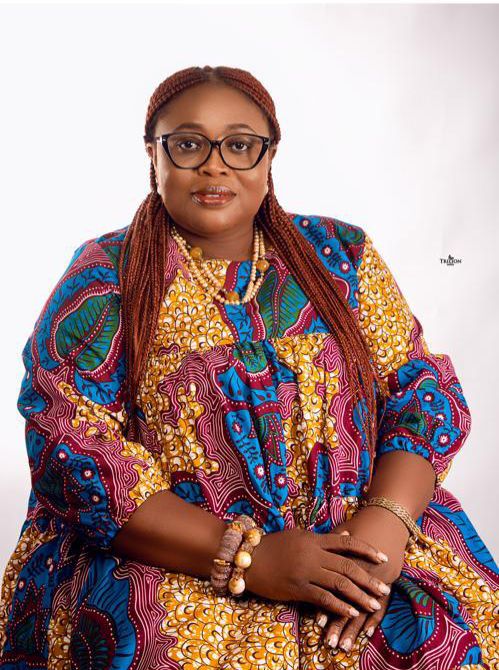
Ghana has taken significant steps toward enhancing access to justice with the passage of two key reforms: the Community Service Bill and the Legal Aid Commission Legislative Instrument. The Community Service Bill offers community work as an alternative to jail for minor offenses, reducing prison overcrowding and promoting offender rehabilitation. Meanwhile, the Legal Aid Commission Legislative Instrument ensures free or affordable legal services for individuals who cannot afford representation, particularly benefiting low-income and marginalized groups and promoting fair trials. Paralegals play a crucial role in these reforms by mediating minor cases like child abuse and non-maintenance, while referring more serious cases, such as rape and defilement, to the Legal Aid Commission to ensure fair legal support. Communities were actively involved in shaping these reforms through a participatory approach, with Civil Society Organizations (CSOs) leading awareness campaigns to educate people about their rights. However, challenges remain, such as limited funding for outreach, barriers for marginalized groups to voice concerns, and a lack of adequate facilities for victims of gender-based violence (GBV). To address these, recommendations include strengthening feedback systems, increasing financial support for outreach, and improving support infrastructure for GBV survivors. The implementation of these reforms also relies heavily on collaboration with CSOs and local structures, with initiatives such as Community-Based Anti-Violence Teams (COMBAT) helping tackle GBV and ensure swift justice delivery. Ghana’s justice commitment demonstrates progress toward a more inclusive, accessible, and fair justice system for all.
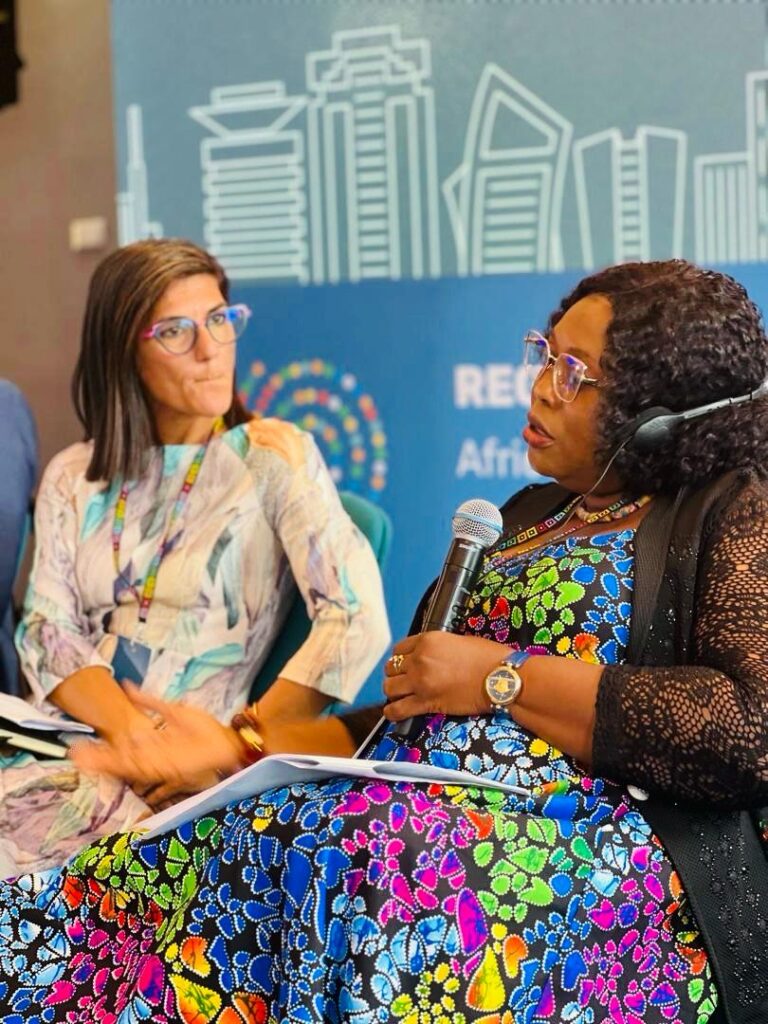
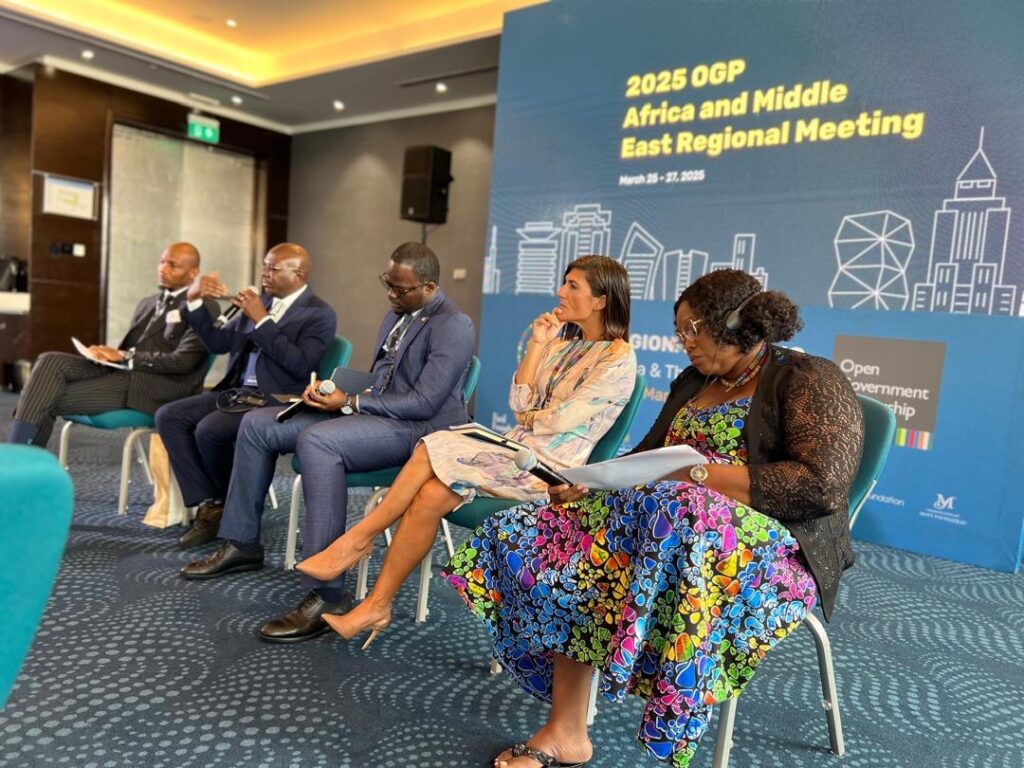
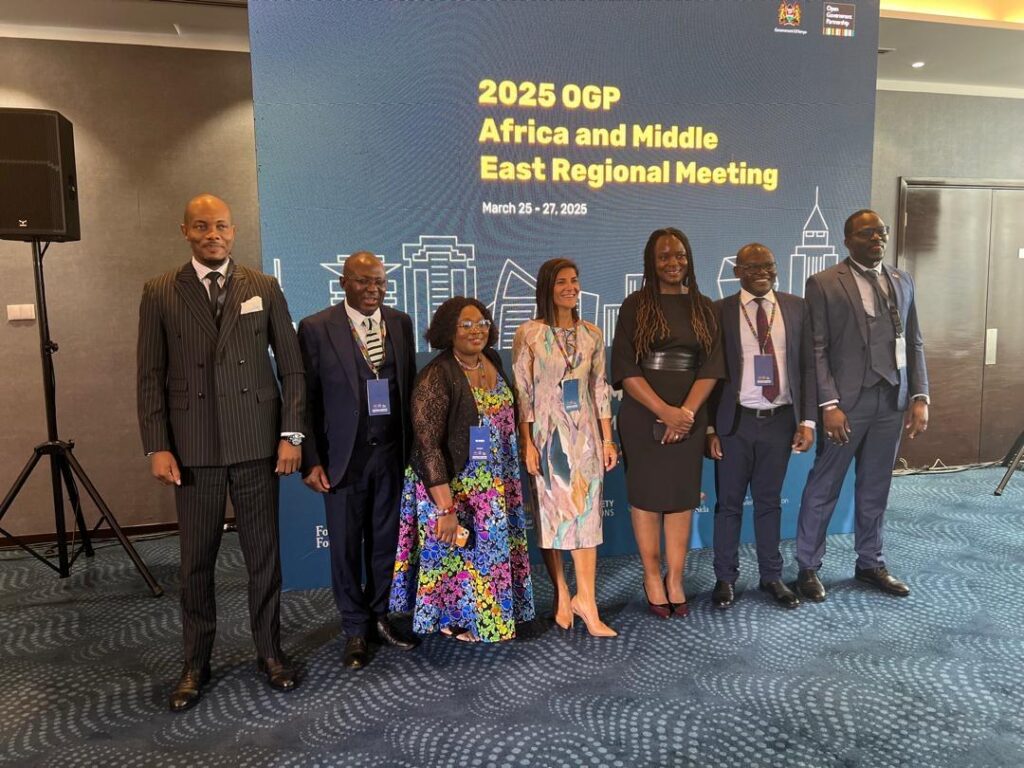
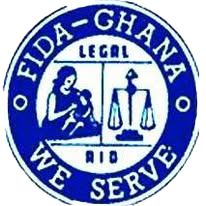
No responses yet